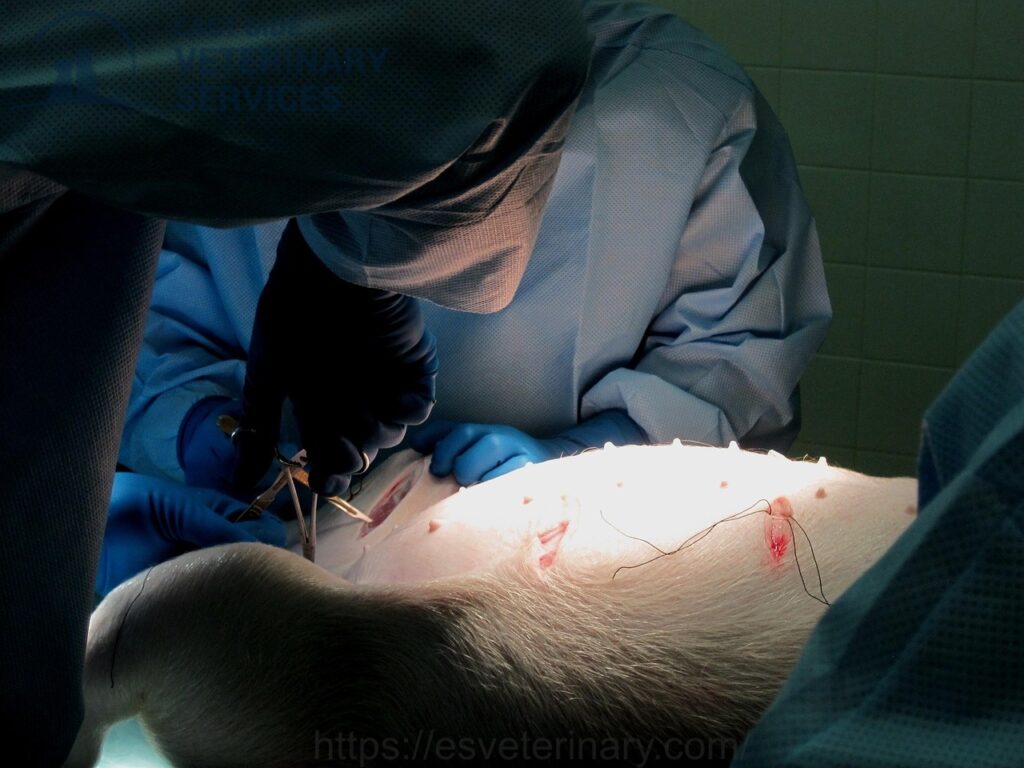What Is Spaying and Neutering?
Spaying and neutering are common surgical procedures used to sterilize pets, primarily cats and dogs. Spaying refers to the removal of a female animal’s reproductive organs, while neutering is the removal of a male animal’s testicles. These procedures are performed by licensed veterinarians and are typically safe, quick, and result in minimal downtime for your furry friend.
Why Should You Spay or Neuter Your Pet?
The decision to spay or neuter your pet comes with a multitude of benefits—not just for your pet, but for the wider community as well.

Controls Pet Overpopulation
Millions of unwanted pets end up in shelters every year. Many are euthanized due to overcrowding. Spaying and neutering help reduce this problem by preventing unwanted litters.
Improves Pet Health
Spaying reduces the risk of ovarian and uterine cancers in females, while neutering decreases the chances of testicular cancer and prostate issues in males. These procedures can also lead to longer lifespans and fewer medical issues down the road.
Reduces Unwanted Behaviors
Pets that have been spayed or neutered are generally less aggressive and less likely to roam, mark territory, or exhibit mating-related behaviors like yowling or humping.
Supports Community Welfare
Stray animals can become a nuisance or even a danger. Reducing the number of homeless pets helps improve the safety and cleanliness of communities.
When Should You Spay or Neuter?
Veterinarians typically recommend spaying or neutering pets between 6 and 9 months of age, although it can be done safely earlier or later depending on the animal’s breed, size, and health. Always consult your vet for the most appropriate timeline for your pet.
Common Myths About Spaying and Neutering
Let’s bust a few misconceptions:
- Myth: My pet will get fat.
Truth: Overfeeding and lack of exercise cause weight gain—not the surgery. - Myth: It’s better to let a female pet have one litter.
Truth: There’s no proven health benefit to letting pets reproduce before spaying. - Myth: My male pet will feel less “masculine.”
Truth: Pets don’t have egos. The procedure won’t affect their personality in negative ways.
Finding a Spay Neuter Clinic Near You
Many communities offer low-cost or even free spay and neuter programs through local animal shelters or nonprofit clinics. A quick online search for “spay neuter clinic near me” can yield a range of affordable options.
Conclusion: Do It for Your Pet—and the Planet
Spaying and neutering is one of the most responsible decisions a pet owner can make. It’s a simple act with powerful implications for animal welfare, public health, and your pet’s well-being. Talk to your veterinarian today to learn more about the process and schedule your pet’s appointment.